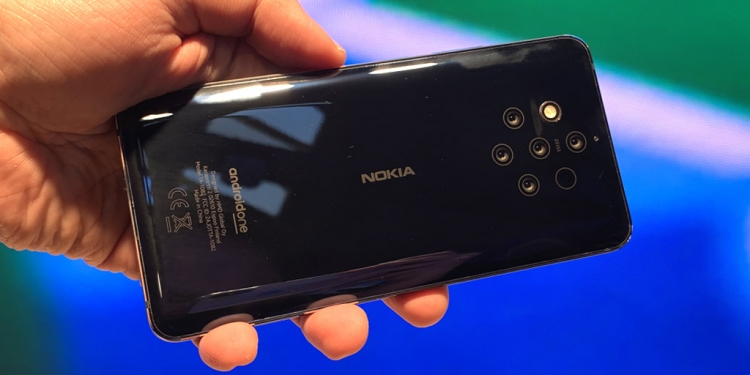When I first saw the teaser image of the Nokia 9 PureView with its five rear cameras, I was super excited. It seemed that Nokia knew what consumers want – a phone with a great camera.
With five cameras, Nokia had a seemingly unlimited number of configuration options to play with. Nokia could have a wide-angle camera, an ultra-wide and a telephoto with room to spare for even more interesting optics, like a Time-of-Flight camera for intense and realistic depth-of-field.
Combine that with Nokia’s long-standing history of creating legendary camera phones like the original Nokia N9, the 808 PureView and the Nokia Lumia 1020, it seemed that after so long, Nokia was again on the verge of releasing an iconic device.
Then Nokia unveiled the 9 PureView to the world and my excitement quickly turned to disappointment. The device generated a lot of hype but I’m seriously doubting that it can deliver.
But before I present my reasons on why I think the Nokia 9 PureView is all show and no go, let’s talk about the specs.
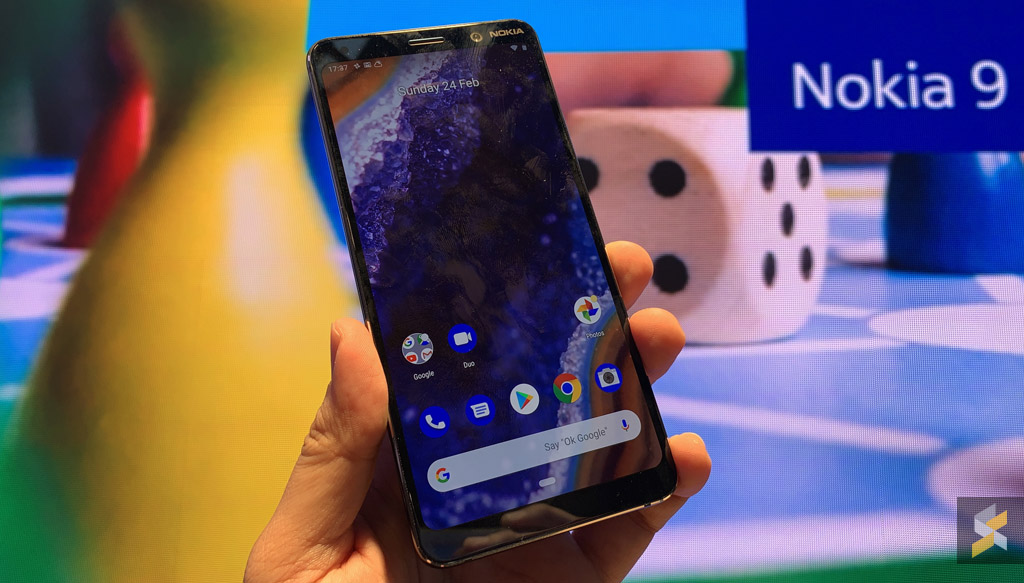
The Nokia 9 PureView is a 6-inch OLED QHD+ (3200×1800) display with an in-display fingerprint scanner. The IP67 rated device features an aluminium frame sandwiched between two Gorilla Glass 5 panels. It is powered by last year’s flagship processor, the Snapdragon 845 mated to 6GB of LPPDDR4X RAM and 128GB of non-expandable on-board storage.
Nokia opted to use Android One on the 9 PureView and that’s a big plus because the firmware offers the purest Android experience that’s free from bloatware that can potentially slow down the device or affect the user experience.
The Android One OS also brings with it other benefits, like free unlimited image storage via Google Photos and guaranteed two-years of software updates along with monthly security updates for the next three years.
In the battery department, you get a 3,320mAh unit with support for Qi wireless charging.
Why the five cameras?
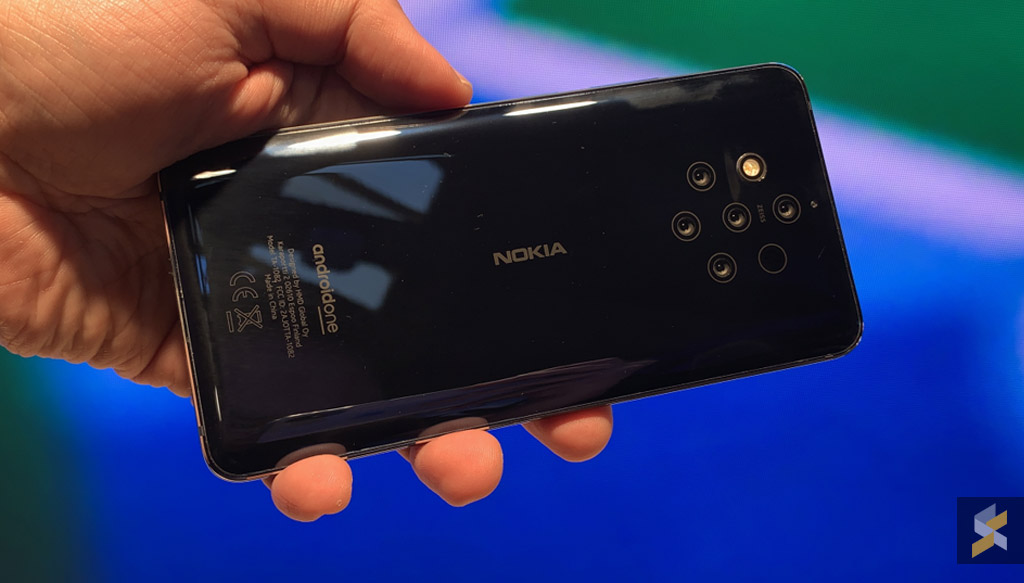
The Nokia 9 PureView has a total of six cameras. A single 20MP unit on the front for selfies and five 12MP f/1.8 cameras on the rear. Two of the five cameras shoot images in full colour while the other three capture images in monochrome.
The big idea behind the five cameras is that you will be able to capture more detail – up to a claimed 1,200 different layers in a single image. This, Nokia reasons, gives more control to the purists, allowing them to tweak and tune an image to perfection thanks to the camera’s ability to shoot in RAW DNG.
On paper, the Nokia 9
The camera app lags when shooting in JPG and unbearably slow when shooting in RAW. When you take a picture, all five cameras fire at once, taking in all the colour and shadow details and combining them to form one image. This process takes time, up to 10 seconds when shooting in RAW, and that makes taking pictures a chore.
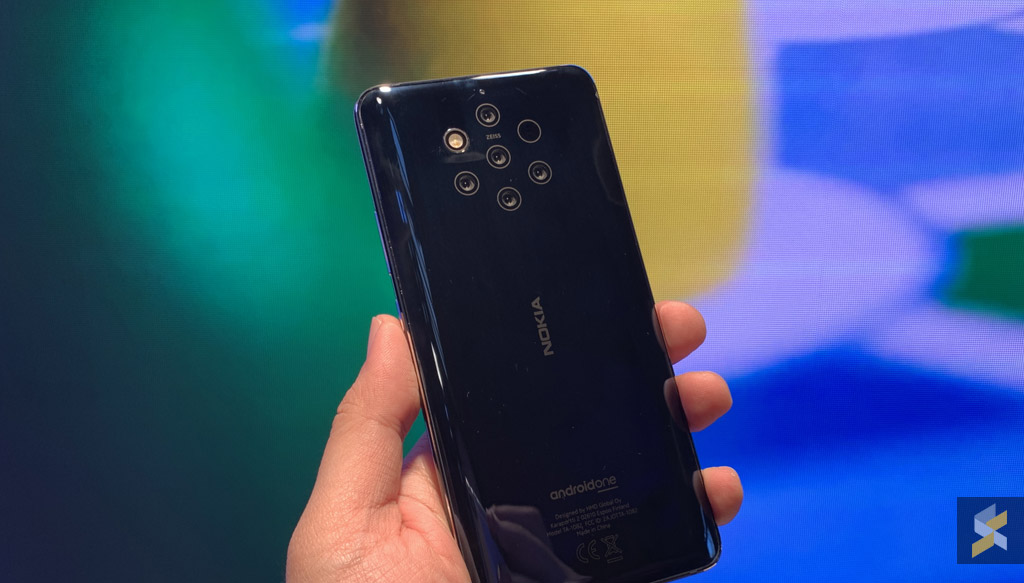
Even changing camera modes take time. It took me over two seconds to change from one camera mode to the next. Nokia tells me that the Nokia 9 PureView runs on pre-production firmware and that the experience will be much better by the time the device goes on sale in March. That’s very little time for Nokia to fix all the bugs but I’ll give them the benefit of the doubt.
However, even if the slow and lumbering camera app gets fixed, there are still a number of problems with the Nokia 9 PureView.
The image quality is not that great if I’m honest, but Nokia tells me that the 9 PureView is not a device for those who simply point and shoot. It’s more for the connoisseur, the photographer that wants to take his time composing a shot, waiting for the right moment to take the shot and then spend hours tweaking the shot for the perfect outcome.
I don’t deny that there are those who enjoy the occasion and have the patience to compose, wait and process an image to perfection but I also don’t think a smartphone is
I would argue that the smartphone with all its processing power, all its artificial intelligence and machine learning should be a tool of convenience, one that removes the need to spend time and labour. If I want a great picture, I’ll let the phone figure it out for me, all I need to do is point and shoot, and if I want to take my time to take a picture and take even more time to edit the picture, my smartphone should be able to do that too. A smartphone is such a versatile tool that is good at doing many things, is there a need for such a specialised device like the 9 PureView? I don’t see the point.
What’s missing
Then there are other things where the Nokia lags behind the competition. I can accept that the Nokia 9 PureView doesn’t have a headphone jack, most phones don’t but no expandable storage in a device capable of shooting images in RAW DNG format and videos and 4K HDR is weird. You’ll run out of space storing all that RAW images in the phone.
Not having an ultra-wide-angle lens is a big minus for me as well. This makes the camera less versatile, less usable in a significant number of day-to-day scenarios.
Restrictive display
The 6-inch OLED display on the Nokia 9 PureView is on par with many OLED devices I’ve used but it has one major weakness. The viewing experience is restricted by a large forehead and chin. Perhaps I’m spoiled by immersive end-to-end displays like the one on the Galaxy S10 but I don’t see why Nokia shouldn’t offer a similar experience. The 9 PureView is Nokia’s flagship device, it should showcase all the best Nokia has to offer but I don’t think that this is the case.
And then there’s the asking price
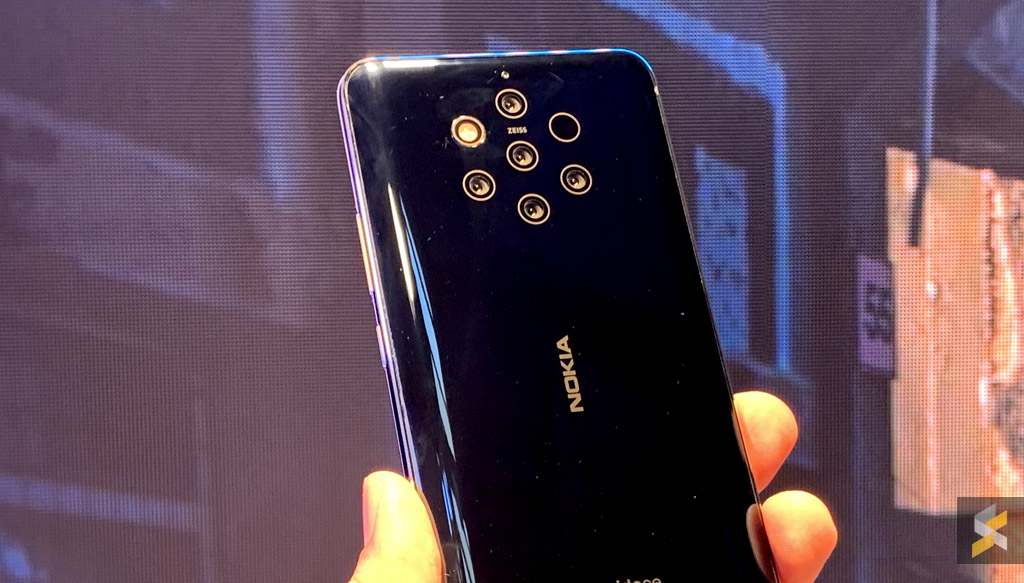
The Nokia 9 PureView retails for US$699 when it goes on sale in March. In Malaysian Ringgit that’s about RM2,850. Nokia did not say when the 9 PureView will be coming to Malaysia but assuming it does, I expect the device to retail for around RM2,500 to RM2,600. For that money, a number of better options are within your reach. Options like the Huawei Mate 20, Huawei P20 Pro, Honor View 20 or even the Mi Mix 3 are all available for to you for that price. You could even get a Galaxy S10e for the money and I would wager that the Samsung is capable of taking far better pictures than the Nokia 9 PureView.
So what is the point of the Nokia again?

